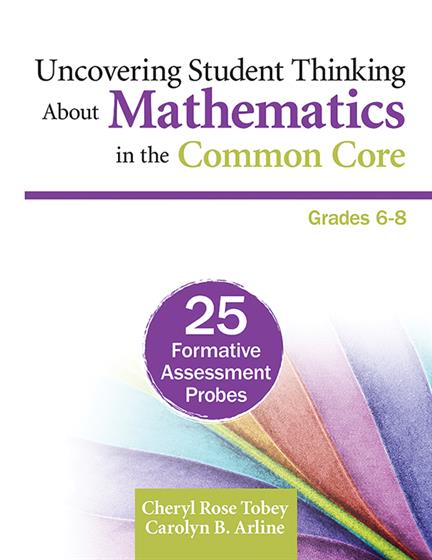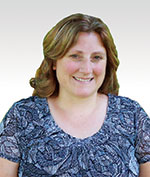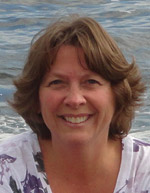
Hands-on, Practical Guidance for Educators
From math,
literacy, equity, multilingual learners, and SEL, to assessment, school counseling,
and education leadership, our books are research-based and authored by experts
on topics most relevant to what educators are facing today.
Uncovering Student Thinking About Mathematics in the Common Core, High School
25 Formative Assessment Probes
Uncover common mathematical misconceptions with 25 easy-to-implement assessments. You can continuously monitor learning and improve student skills and processes in algebra, functions, geometry, and more!
Product Details
- Grade Level: PreK-12
- ISBN: 9781452276571
- Published By: Corwin
- Year: 2014
- Page Count: 256
- Publication date: March 10, 2014
Price: $39.95
For Instructors
When you select 'request review copy', you will be redirected to Sage Publishing (our parent site) to process your request.



